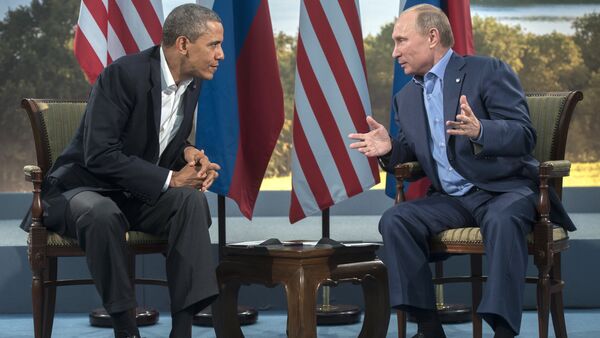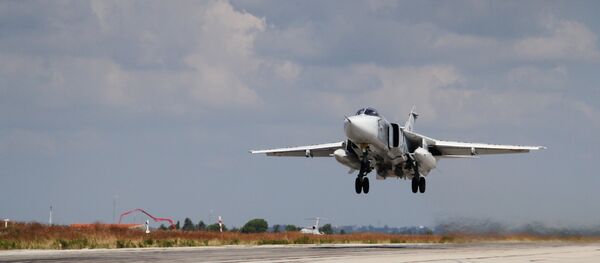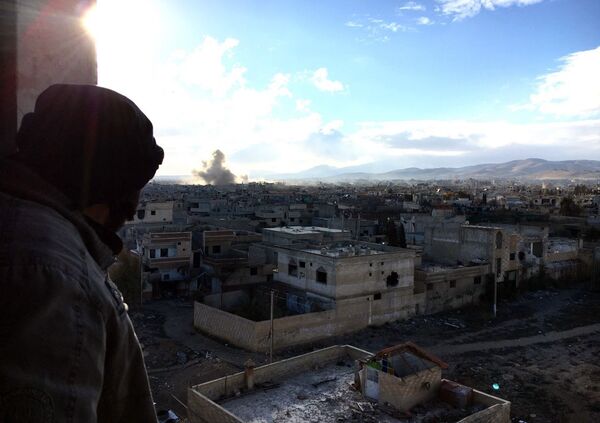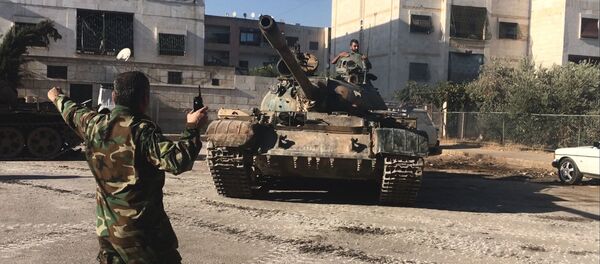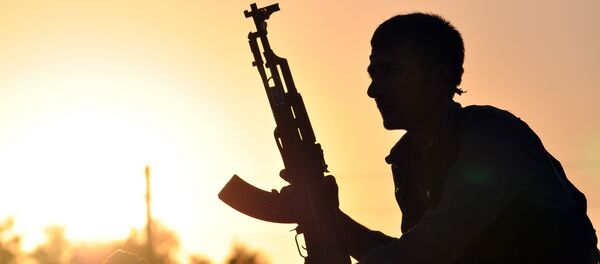Officials from both countries have not disclosed when the deal is expected to be reached, but Russian Deputy Foreign Minister Sergei Ryabkov said earlier on Sunday that the officials were "close to reaching a deal" and that there were "no grounds" to expect the talks to collapse.
If unconfirmed reports are to be trusted, the negotiations have suffered a temporary setback on Sunday, with Washington blaming Moscow for "walking back" on issues that have ostensibly been settled. "Russians walked back on some of the areas we thought we were agreed on, so we are going back to capitals to consult," an unnamed senior State Department official was quoted as saying.
The source did not provide additional information on the issues in question.
US President Barack Obama was cautious, if not alarming, when talking about the progress in the talks that were launched in mid-2016. "We're not there yet," he said on the sidelines of the G20 summit in China. "We have grave differences with the Russians in terms of both the parties we support but also the process that is required to bring about peace in Syria."
Russian President Vladimir Putin and US President Barack Obama are expected to meet on the sidelines of the G20 forum. The Syria deal will most likely be on the agenda. It is unclear when the informal talks will take place.
Russian Foreign Minister Sergei Lavrov and US Secretary of State John Kerry discussed the deal earlier on Sunday, with America's top diplomat mentioning "a couple of tough issues." Lavrov and Kerry are expected to continue the talks on Monday in a bid to "bridge the gap and come to a conclusion on" the issues in question. Kerry did not specify what those are.
Earlier on Friday, the Russian president described this last issue as one of the most challenging.
"We insist (and our American partners have had no objections to this) that the so-called 'healthy' opposition must be separated from radical groups and terrorist organizations, like al-Nusra Front. However, we have an impression that al-Nusra Front and the like are play acting, even rebranding themselves, but nothing has actually changed," Putin said.
Radical groups have absorbed the moderate opposition, he added.
"Apart from this, this is not a component of a domestic fight. These are foreign fighters who receive weapons and ammunition from abroad. In fact, our American partners agree with this, but they have no idea, how to do it," Putin said, referring to the efforts to separate terrorists from non-terrorists.

